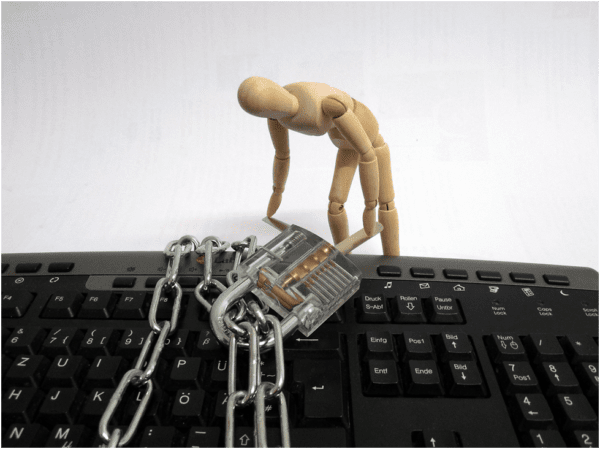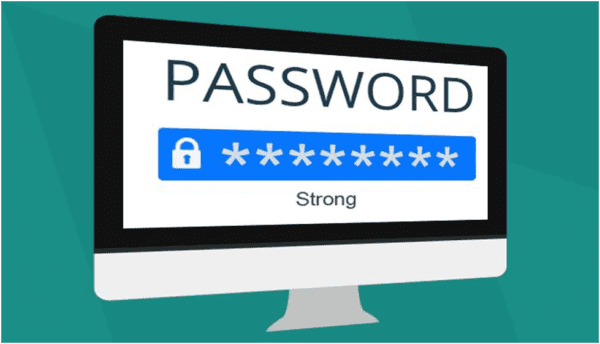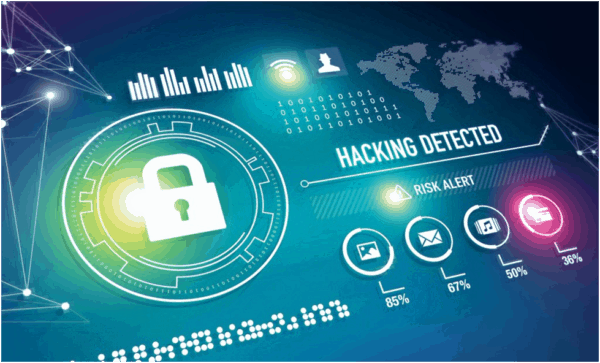With the evolution of the internet, several day to day tasks have become much easier. Whether you want to send money to someone or purchase products online, whether you want to share the pictures of your last holiday trip or want to collect some information for writing your next assignment, everything can be easily done through the internet. But, at the same time, you are always a potential victim of hacking. Your computer, online accounts or smart phone may get hacked and all your personal information may become public in just a few seconds.

So, is there something that you can do to keep yourself from getting hacked?
Yes, there are some preventive measures and cyber security tips which you need to take to protect your computer system and digital media accounts from getting into the wrong hands. Here are the top 5 ways that you can adopt to avoid getting hacked.
Use Two Step Verification Of Your Email Accounts
One of the easiest ways used by hackers to glean confidential information about a person is by hacking his/her email account. Most often, we use the emails for using and confirming the different online user accounts.
Therefore, always use a two step verification of your email accounts. In such scenario, even if a hacker is able to pass one verification test, he/she would not be able to access your emails.

Use Trusted Devices To Access Sensitive Accounts
Another vital rule that you must follow is don’t use public computers or other devices to open your sensitive user accounts like internet banking accounts. Ensure that you perform all the transactions either from your own computer or smart phone.
Even if you use the public computers, delete your entire browsing history and cookies to ensure that there is no trace left on that computer.
Use An Encryption Software
The encryption software is very effective in protecting your computer or other devices from the hacking attacks. By encrypting the data and files on your computer, this software makes it extremely difficult for the attackers to access the information stored locally stored by the device.
Use Strong Passwords and Change Them Regularly
The simpler the password is, the easier it is to break it or hack it. The cardinal point of protecting a user account with a password is that no unauthorized person is able to access the information stored in the account.

So, while creating the passwords for your user accounts, use a combination of alphabets, numbers and special characters. Also, keep on changing your password periodically and don’t keep the same password for a user account for a longer period of time.
Never Open Attachments In the Suspicious Emails and Messages
One of the golden rules to stay safe from the hackers is to avoid opening an attachment from a mail whose sender seems suspicious or unknown. One of the most common tricks used by hackers to infest the victim’s computer or smart phone is by sending mails laden with files containing viruses.
So, if you are not sure about where this mail came from, don’t ever open or download the attachment on your computer.
By following the aforementioned security policies, you can certainly keep your accounts and information secure on the online platforms while significantly reducing the risk of getting hacked.
Also, if possible, try to indulge in user security awareness training to gather information about the common tools and methodologies used by hackers in order to prevent your information from getting hacked.
 Gearfuse Technology, Science, Culture & More
Gearfuse Technology, Science, Culture & More


